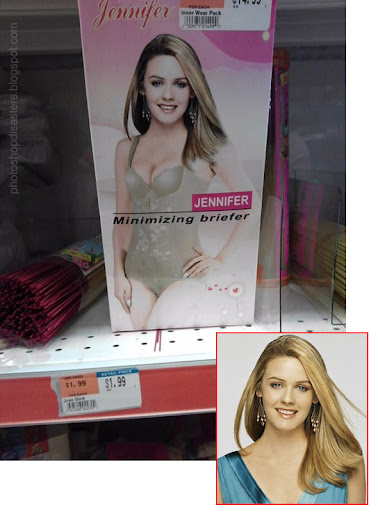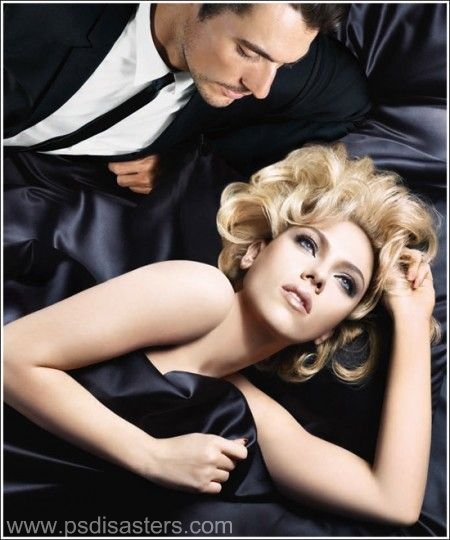Today’s Self-Love: Letter to a Teenage Past, On Hair and Sexuality

If you could write a letter to your younger self, the teenaged you who’s growing up biracial in the South and struggling with your untameable curls and sexuality, what would you tell yourself? What would you say about the desperate loneliness of adolescence, and the big questions about love and the source of your longing? What advice would you give your young heart? What tips would you give about dealing with your hair?
Jasika Nicole decided to try it out. In this comic written as a letter to her teenaged self, the actress explores all these questions, and the result is a beautiful, tender comic full of empathy and kindness and all the hard-won wisdom that can only be gotten with time, experience and not a little pain along the way
Nicole returns to her childhood bedroom to meditate on her teenaged struggles with self-acceptance. “I wonder if I would scare you with how unafraid I am today,” Nicole writes, her voice hovering over scenes of her younger self brushing her hair in the vanity mirror of her bedroom, or laying on the floor of her closet.[/i]

[i]
Nicole mentioned the scene that would show up in her comic to SheWired.com last year: “I had to be 13 or 14 years old, and I was in my room, and I was thinking, ‘There’s a very strong possibility I’m gay, but there’s no way I could be biracial and gay.’ I just knew I wasn’t strong enough to be able to carry both of those things in Birmingham, and so I just—I didn’t think about it.”
A decade later Nicole’s a got plenty to say to her young self: “You convinced our hair that it wasn’t actually curly, and you convinced our heart that it was out of the ordinary,” Nicole says in the comic. “The truth is that it was, and is, extraordinary.”














